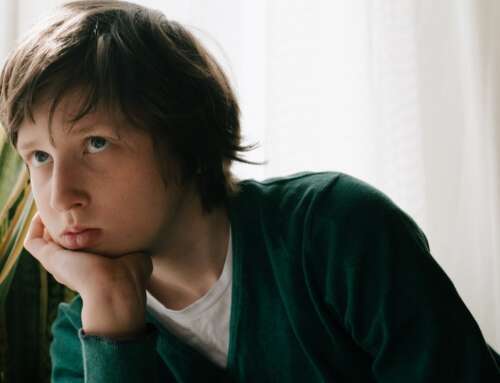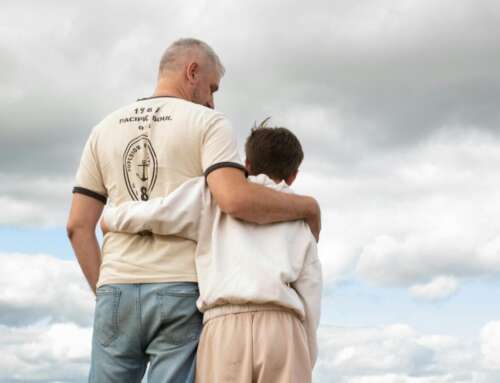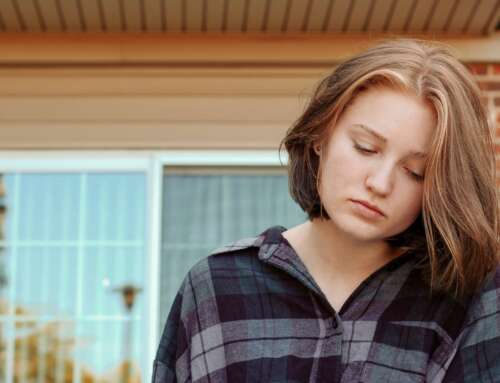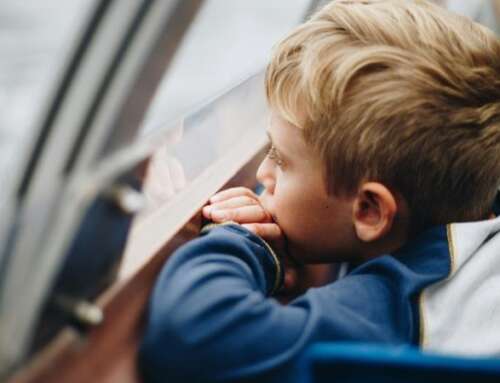 Last week I came across an interesting article on The Conversation. It was entitled, Wellbeing programmes in schools might be doing children more harm than good by Professor Kathryn Ecclestone from Sheffield University.
Last week I came across an interesting article on The Conversation. It was entitled, Wellbeing programmes in schools might be doing children more harm than good by Professor Kathryn Ecclestone from Sheffield University.
It’s a counterintuitive statement isn’t it? How could wellbeing programmes do our students harm? Certainly in Australia we’re seeing an increase in the amount of schools actively addressing wellbeing, at the same time as the emergence of the Positive Education Schools Association (PESA).
Many of you will have attended Generation Next seminars and heard of specific programmes that you have then implemented in your own schools, so I assume you look suspiciously upon any article that suggests that these programmes might not actually be doing what it says on the tin.
Specifically, with regard to claims made in support of intervention programmes (although she doesn’t identify which ones) Professor Ecclestone says:
“Such claims often come from those with vested interests in a lucrative market of expensive, externally delivered programmes for pupils and students, training courses for teachers and classroom assistants, and endless “how-to” guides for teachers and parents.”
She goes onto to say that “There is no evidence that interventions produce any real short-term, let alone long-term, benefit in either impact or transferability.”
Professor Ecclestone will be publishing research, that she says, has found some of these interventions “actually have negative effects.”
So what does this mean for us? Well I for one will be keen to read Professor Ecclestone’s findings, but I will be doing so with a critical eye.
I have an inkling that some of the programmes she refers to might not be as effective as their marketing suggests, but I also think that – as Associate Professor Sue Roffey* suggests in the comments section of the article – that much of the effectiveness of these programmes or interventions will come down to how they are implemented and Roffey agrees that, “Whole school approaches are much more effective than one off programmes delivered by outsiders or poorly trained [with regards to the intervention] teachers.”
Just as with educational interventions, I think that if you believe that a programme is worth running with your students, it’s also worth taking the time to critically evaluate all the literature available pertaining to it and its basis for inclusion in your school community.
*Disclosure: Sue Roffey is the Director of Wellbeing Australia of which I am on the NSW advisory board.
Author: Dan Haesler is a teacher, consultant and speaker at the Mental Health & Wellbeing of Young People seminars. His website is: http://danhaesler.com/ and he tweets at @danhaesler







Another question that is important to ask of research being done to evaluate Wellbeing programmes – is the test valid? There are certain criteria in all research to ensure observations and inferences from observations are made on level playing fields. If the programme is being run in a school where the children come from well adjusted backgrounds, the results could be quite different to the programme delivered (even in the same manner) to children from very unstable backgrounds.
Another question – why the research? Apart form noble reasons like determining whether the programme is really worth its salt, are there any vested interests?
My personal experience is gleaned from being a supply teacher who has worked considerable amounts of time in schools over a period of several years, when wellbeing programmes were being implemented Combined with my earlier years of full time teaching experience where wellbeing was just part of what we did as teachers. The advantage I have is that I am not at any one school all the time so I can see the obvious improvements or non -improvements within schools as I visit and revisit them. I am convinced from what I have observed that wellbeing programmes are not only helping children but the whole school environment.
I have some seen some poor socioeconomic schools with children from unstable backgrounds go from the type of school no-one wanted to work at to schools proud of their achievements.
I have seen individual children learn to believe in themselves and indeed in humanity. I have seen children learn to trust, for perhaps the first time in their school years. I have seen the ripple effect. Positive teachers make for positive children and it even rubs off on parents.
I am amazed at the skill of some teachers who are genius at permeating the life skills of wellbeing into the whole curriculum on a day to day basis. The children are learning resilience and these schools make teachers basically superfluous on playground duty cos they are all getting along and respecting others and property.
Acknowledging children’s feelings at the beginning of the day is the key to starting out well and instilling a real feeling of care in the children we have in our care for the best part of their waking hours each day.
School may be the best part of some children’s day. The least we can do is help them make it the best their best can be. Each person in the school environment needs to feel good about themselves or there is no point in being there – positive outcomes can only take place in positive environments.